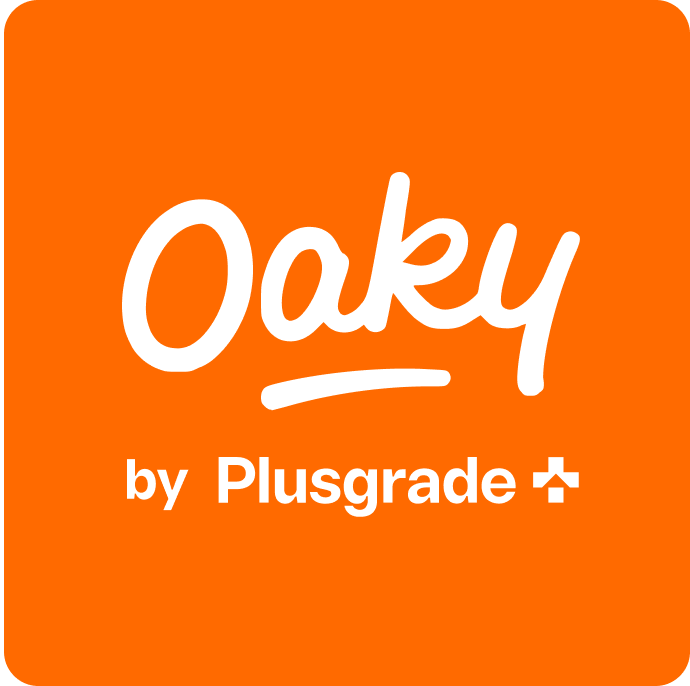Oaky Blog
The latest Oaky updates and useful content for every department of your hotel.
Customer Stories

Video
Boosting TRevPAR through tailored guest experiences: How Sofitel Legend The Grand Amsterdam harnesses the power of Oaky
Article
+284% in upsell revenue: How Grand Hotel Amrâth Amsterdam uses Oaky to upsell at the front desk
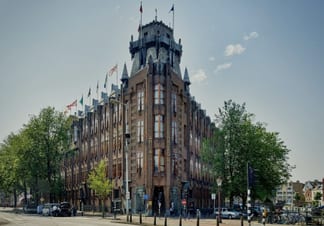
Article
How Clarion Hotel Sign achieved a +381% increase in upsell revenue with Oaky’s Front Desk Upselling
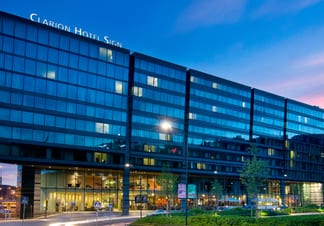
Article
An ROI of 96 with Oaky: How Cameron House on Loch Lomond maximizes its enormous upsell potential

All articles
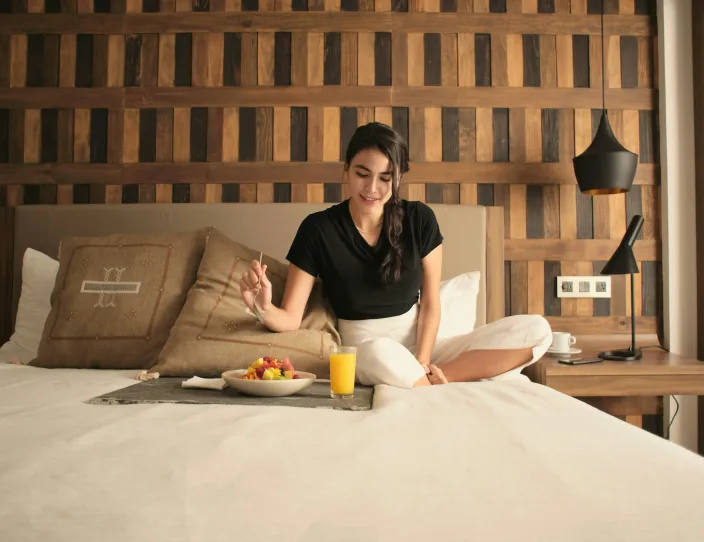
How Oaky helps create awareness about hotel offers and facilities before arrival
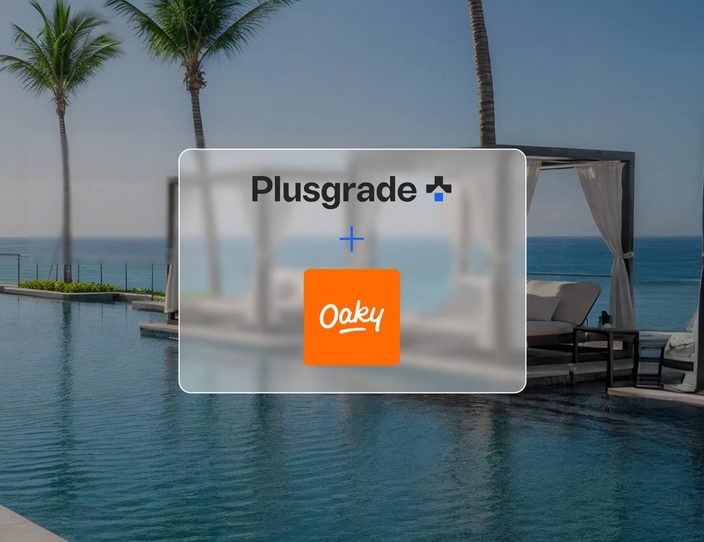
Oaky Joins Plusgrade: The Best of Both Worlds for Hospitality Upselling
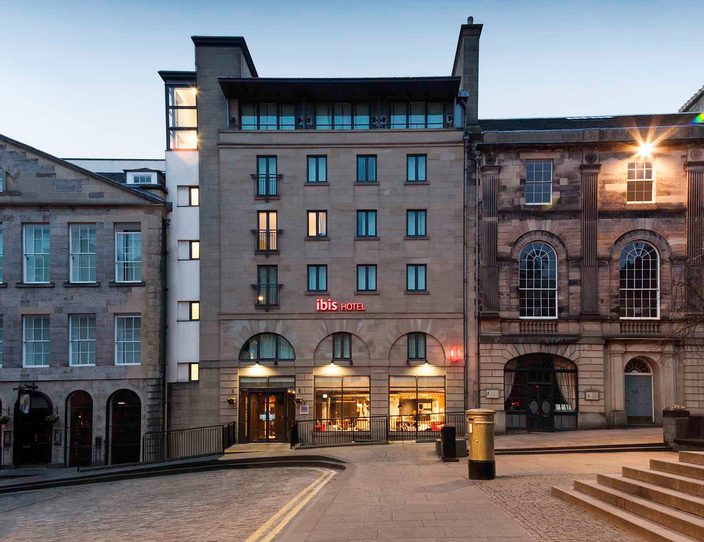
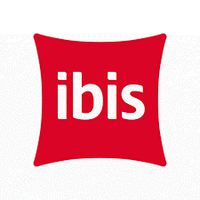
10/10 start: ibis Edinburgh’s onboarding experience with Oaky

17 Hotel pricing strategies to grow your revenue
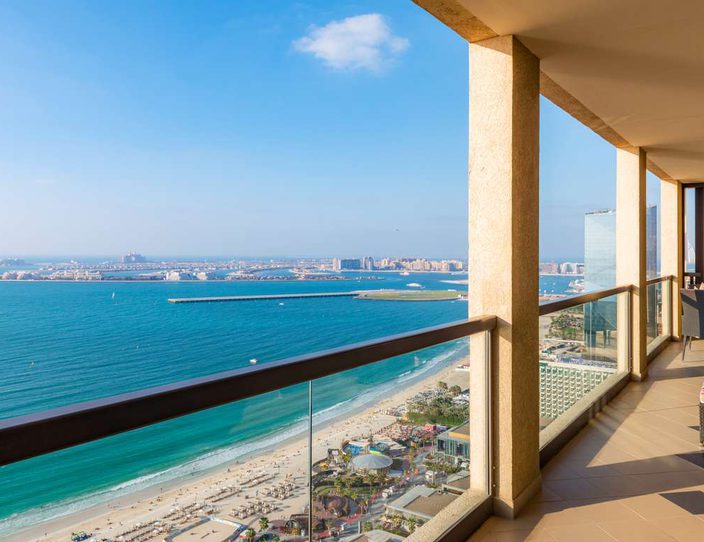

Acting on Data: Sofitel Dubai Jumeirah Beach’s upselling success in a crowded…
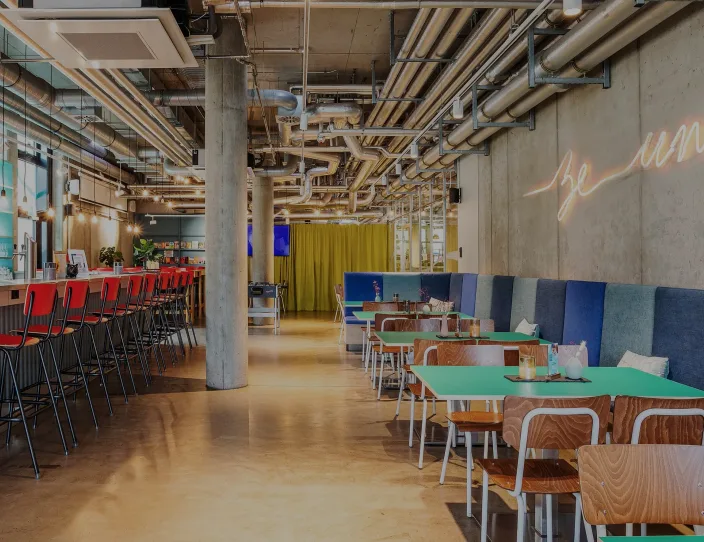

175% YoY upsell revenue growth and guest-centric upselling at MEININGER hotels…

How Oaky helps fill premium rooms without discounting them

What is hotel asset management: Best practices and pitfalls


How Queen Elizabeth 2 increased revenue, team engagement and hotel reputation…
1
...
Any questions about Oaky? Feel free to reach out!

Olga Vasylieva
Senior Marketing Manager
Send email
